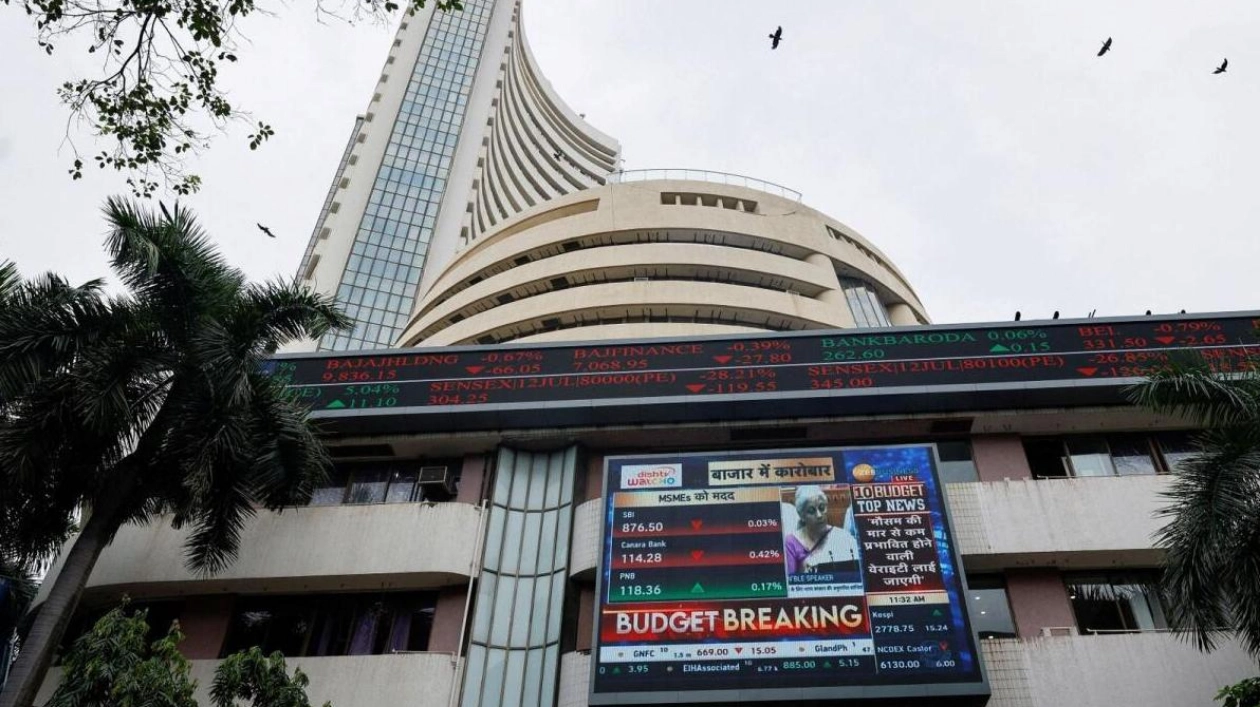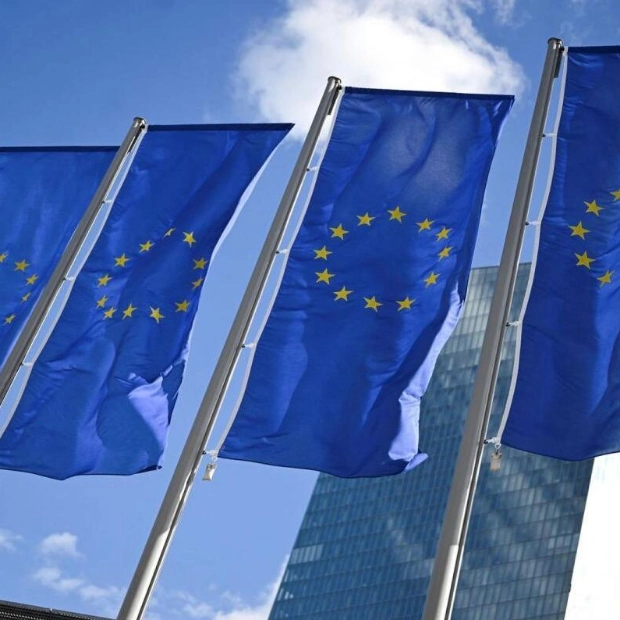India is projected to rise to the third largest economy within the next three years, prompting experts to advise non-resident Indians (NRIs) to strategically invest in its growth. Anshu Kapoor, president and head of Nuvama Asset Management (formerly Edelweiss Wealth Management), highlighted in an interview with Khaleej Times that at a $5 trillion valuation, India stands as a significant asset class that cannot be overlooked. He noted that India, with its robust growth fundamentals, offers diverse investment opportunities across various asset classes.
Historically, the NRI community has underinvested in India. Kapoor pointed out that India's representation in the MSCI EM index has surged to nearly 20%, up from 6-7% a decade ago, suggesting that NRIs could leverage this trend to increase their investments in the Indian market. The asset management sector has responded to the heightened interest in India by expanding investment options across asset classes through the GIFT City initiative, designed to serve as a hub for both inbound and outbound investments, comparable to international financial centers like Singapore and DIFC.
Kapoor also discussed the recent fiscal measures, including the reduction of the fiscal deficit target for FY25 to 4.9% from 5.1%, and the Union Budget 2024-25, which aimed to sustain capital expenditure and support lower-income groups. He observed that these measures, along with incentives for the International Finance Services Centre, are likely to attract more foreign investment into India.
At Nuvama Asset Management, Kapoor emphasized their commitment to providing strategies that allow participation in various asset classes, including private equity, public markets, and commercial real estate. He noted a rising interest from foreign investors looking to allocate more capital to India, especially through the GIFT City IFSC platform, which is gaining traction in markets like the GCC.
Kapoor further analyzed the sector-wise earnings projections, highlighting strong growth in sectors like Telecom, Materials, and Industrials, while noting potential challenges in sectors like Staples, Energy, and IT. He also touched on the potential impacts of the upcoming US presidential election on sectors such as climate change and international trade, and the implications of a return to more normal interest rate levels on global capital allocation.






